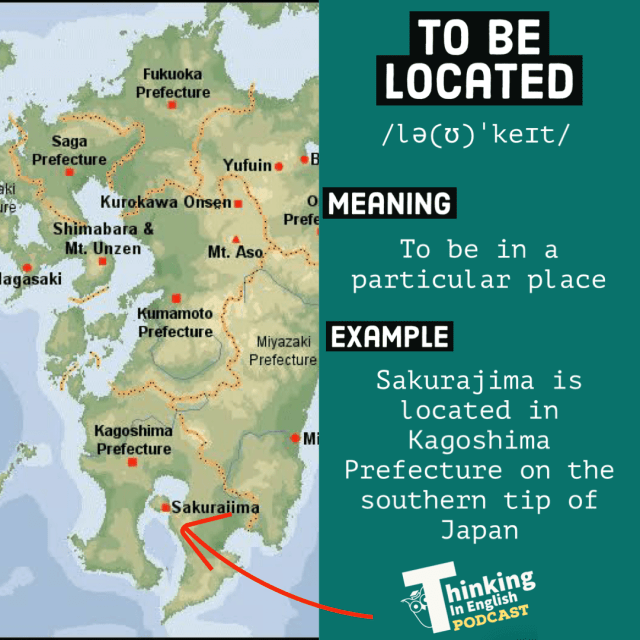Sakurajima, a volcano located in Japan’s Kyushu prefecture, has erupted. The volcano is currently spewing clouds of ash and smoke into the sky.
While the eruption has prompted evacuations and warnings, there have been no casualties reported so far. Sakurajima is one of the most active volcanoes in Japan.
Here is some useful vocabulary to help you understand the eruption of Sakurajima!
Vocabulary
Erupt/Eruption

To be located

Evacuate/Evacuation

Prompt

Ash

Casualty

Active

Spew

Have you ever seen a volcano?
Try using this vocabulary to make some sentences in the comments!

293. History of Coffee! (English Vocabulary Lesson) - Thinking in English
- 293. History of Coffee! (English Vocabulary Lesson)
- 292. What Does Bilingual Actually Mean? (English Vocabulary Lesson)
- 291. What is the Happiest Country in the World? (And Why is it Always Finland?) (English Vocabulary Lesson)
- 290. What is the Gig Economy? (English Vocabulary Lesson)
- 289. How is TikTok Changing the English Language?: TikToklish and Algospeak Explained (English Vocabulary Lesson)
Do you want to Think in English?
I'm so excited that you found my blog and podcast!! If you don’t want to miss an article or an episode, you can subscribe to my page!
Never miss an episode
Subscribe wherever you enjoy podcasts:


